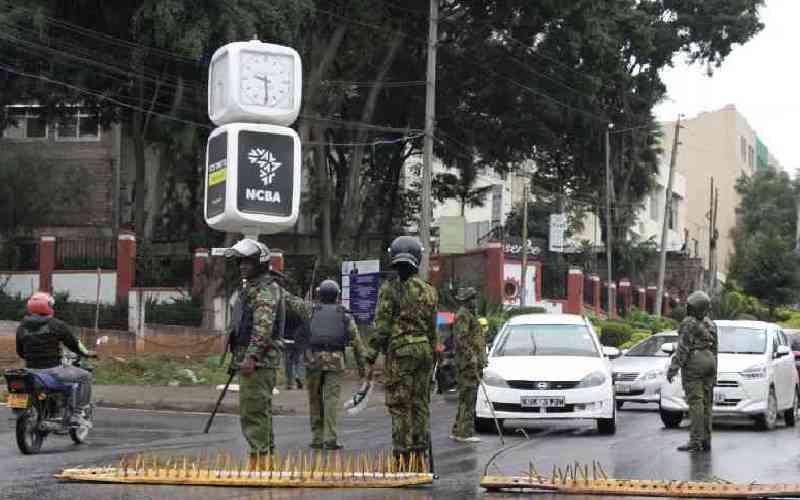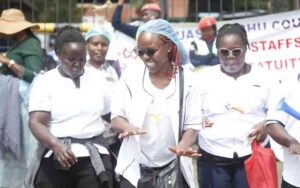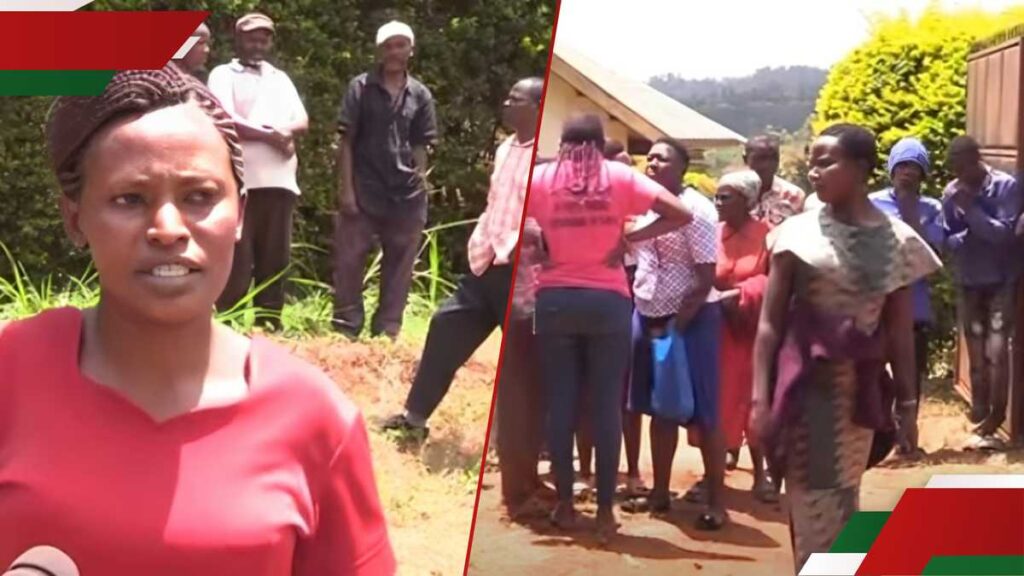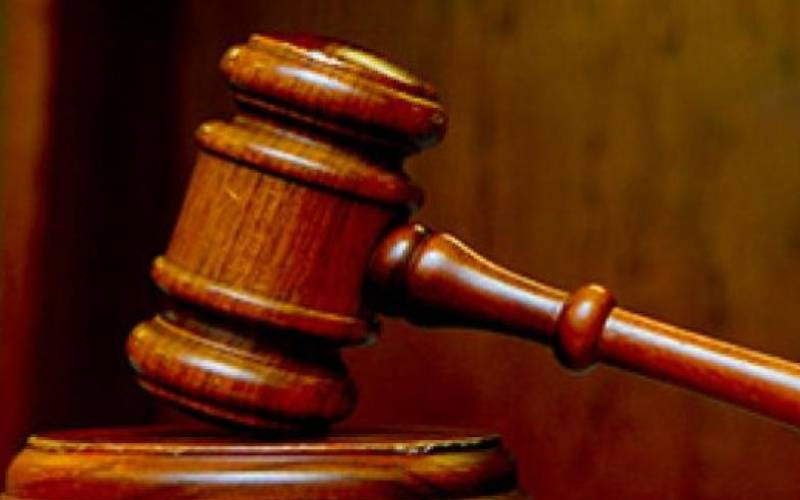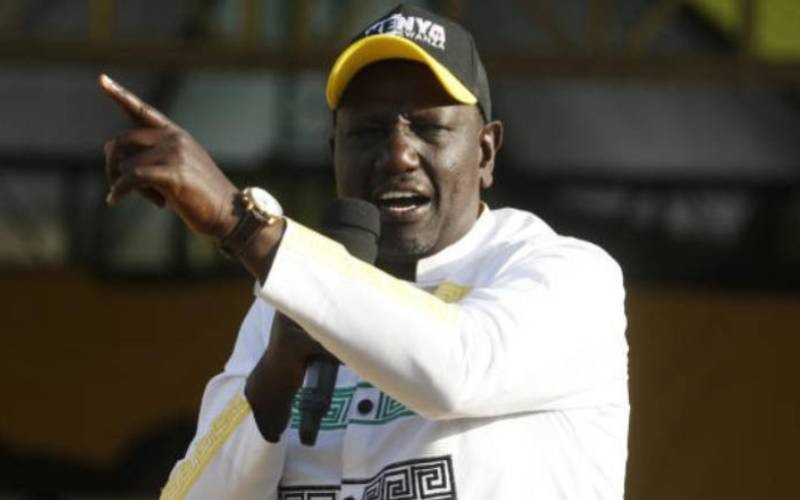A day after Public Service Cabinet Secretary Geoffrey Ruku issued a stern warning that July 7, 2025, would be a normal working day for all government employees, the majority of public servants failed to report to work due to widespread protests and road blocks marking Saba Saba Day.
Speaking at St Mary’s College in Embu on Sunday, CS Ruku threatened disciplinary action against any civil servant who did not report to work, dismissing fears of planned protests expected to disrupt transport.
“It is the constitutional obligation of public servants to uphold the values and principles of public service,” he stated.
However, the reality on the ground was markedly different. Roads in major towns became impassable due to ongoing demonstrations, while public offices and government employees were gripped by tension.
Fear and uncertainty were palpable, particularly among civil servants who recalled the violence and chaos witnessed during earlier protests. “It’s unrealistic to expect me to go to work when the roads are blocked. Besides, I fear for my safety, especially after women were raped and businesses looted last week. I cannot tell who is who out there,” said a Sheria House employee, requesting anonymity.
On a typical weekday, Sheria House bustles with activity as citizens queue to access government services. But yesterday, the compound was eerily quiet.
A few private security guards stood watch, while police officers were deployed nearby to monitor the situation. Service counters sat empty and large padlocks secured some gates.
Safety fears
Nyayo House, which houses the Department of Immigration Services, also experienced significant disruption during the demonstrations, with many employees reportedly staying away due to safety concerns.
“The CS moves with security. If something happened to me today, I doubt anyone would care,” remarked one employee who chose not to attend work, her voice heavy with resignation.
Her words echo the growing fear and frustration among many public servants who feel exposed and unheard. While senior officials enjoy armed escorts and official convoys, junior staff often navigate blocked roads, unruly crowds, and the constant threat of violence alone. For them, attending work during such unrest feels less like duty and more like risking their lives.
On a day meant to commemorate civil liberties and protest authoritarianism, its deserted state was a quiet reminder of past struggles.
The heightened security presence reflected government efforts to prevent further unrest, but for many staff and clients, the damage is done. Trust and a sense of safety have been shaken.
The ghost town atmosphere around institutions such as Sheria House shows that the effects of the protests go beyond politics; they affect everyday life and basic access to government services.
Stay informed. Subscribe to our newsletter
Some offices, such as Afya House, reported better attendance. “We opted to come in early before the protests began. So far, so good,” said Hassan Mugambi, Communications Advisor at the Ministry of Health.
John Swaka, a High Court advocate, condemned the road barricades and random searches of Kenyans, describing them as violations of Articles 39 and 31 of the Kenyan Constitution.
“Police have violated Article 39, which guarantees freedom of movement. Innocent people going about their daily lives have been curtailed,” he said.
Swaka added that such actions should only follow a state of emergency, which must be declared under strict legal procedures.








